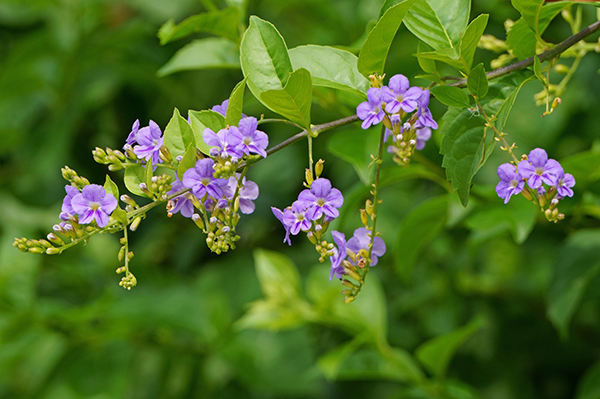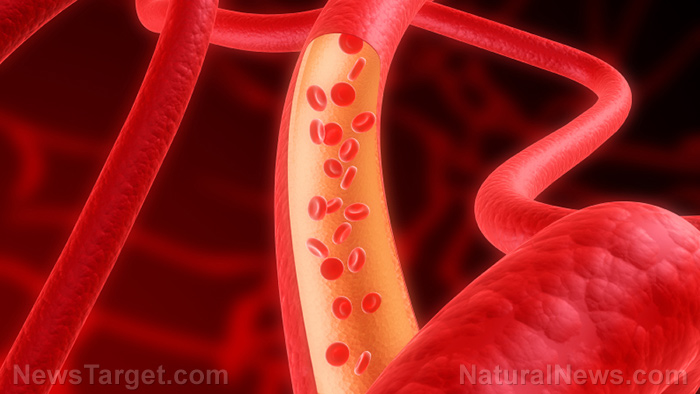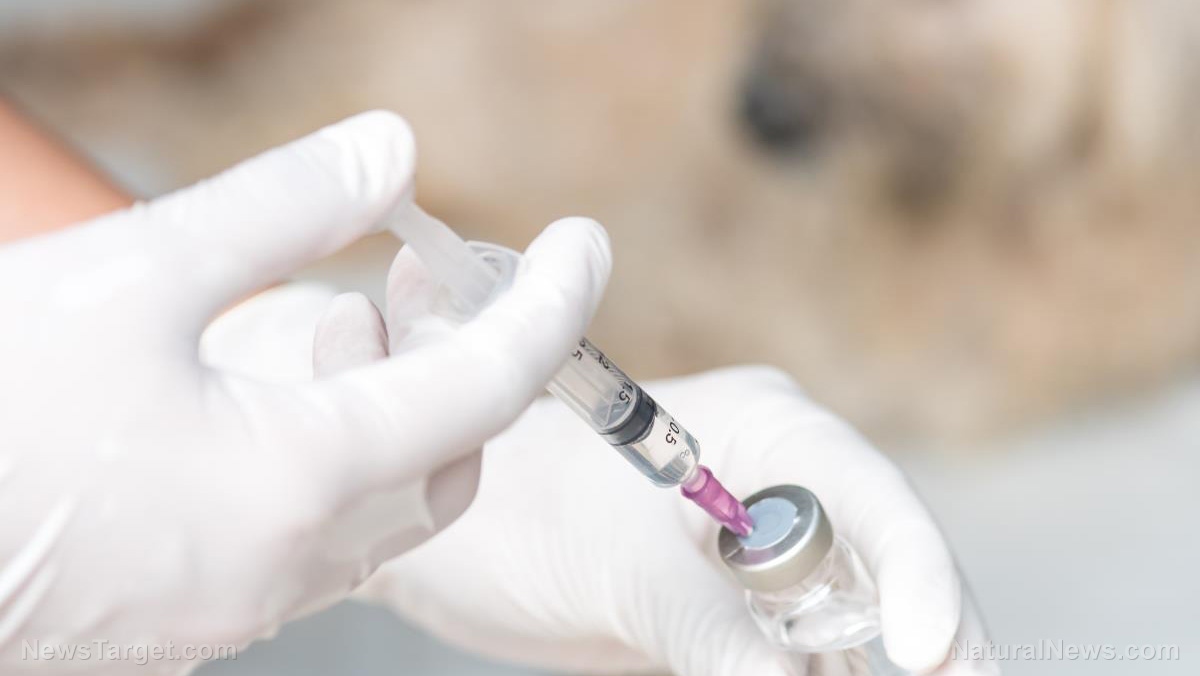Eat right and exercise: 5 Natural ways to prevent high blood pressure
01/19/2020 / By Arsenio Toledo

The Centers for Disease Control and Prevention estimates that around 75 million Americans, or one in three adults, have hypertension. Unfortunately, many of them don’t even know that they have the condition since it rarely produces any symptoms at its onset. In 2014, the agency reported that high blood pressure was either a primary or contributing cause of death for over 410,000 people in the U.S. – or around 1,100 deaths per day. Further, hypertension is a risk factor for many life-threatening conditions, including heart and kidney failure, heart attack and stroke.
There’s still good news: You can prevent hypertension, without resorting to toxic drugs – here are five ways to get you started.
- Healthy diet — Hundreds of studies have proven the significant benefits of a healthy diet against hypertension. One such study, published in the Journal of Hypertension, attests to the power of vegetarian diets. For starters, choose foods that are high in magnesium and calcium like spinach and broccoli since the two minerals can regulate blood pressure. (Related: Addressing hypertension, reducing sodium intake and avoiding trans fat could improve the heart health of 94 million people – study.)
- Regular exercise — There is a close relationship between not getting enough exercise and having high blood pressure. This is because there is no substitute for the health benefits provided by physical activity when it comes to controlling blood pressure. The benefits are related to the effects that exercise has on nitric oxide production. This helps dilate the blood vessels and protects against oxidative stress.
- Massage — Getting a massage relieves stress and lowers your blood pressure. Researchers believe this is because the activity stimulates blood and lymph flow, reducing the strain your heart may feel at that time. There’s also research that suggests that aromatherapy massages can provide the same effect.
- Acupuncture — A study published in the journal Complementary Therapies in Clinical Practice found that acupuncture therapy is effective at preventing and treating hypertension. According to the study, acupuncture reduces aortic systolic blood pressure. It can also improve both arterial stiffness and wave reflection, meaning that the arteries become stretchy enough to handle more pressure flowing through them, eliminating the need for the blood to pump at higher pressures just to ensure that blood is delivered to the body.
- Stress reduction — Stress, both acute and chronic, is a great risk factor for hypertension. Stress ramps up the sympathetic nervous system’s response. This increases the heart rate and triggers the release of inflammatory stress hormones such as cortisol. Stress also causes repeated blood pressure elevations, which may eventually lead to hypertension. A series of activities and relaxation techniques can lower your stress and reduce your risk for high blood pressure, such as aromatherapy meditation, tai chi and yoga.
 |
Discover how to prevent and reverse heart disease (and other cardio related events) with this free ebook: Written by popular Natural News writer Vicki Batt, this book includes everything you need to know about preventing heart disease, reversing hypertension, and nurturing your cardiac health without medication. Learn More. |
It’s expected that within the next 30 years, the number of Americans dying from high blood pressure-related complications each year is going to increase by 50 percent. Even middle-aged adults without hypertension have a 90 percent lifetime risk of developing it if their lifestyles don’t change.
To truly prevent hypertension, consider doing not just one but all five of the natural ways to lower your risk listed above. Go on a jog and do jump ropes every week, get rid of all the unhealthy, processed foods in your diet and replace them with heart-healthy fruits and vegetables. Get a massage and an acupuncture session more often and make sure to engage in stress-relieving activities. Consulting with your natural health practitioner may also provide you with more alternatives.
Sources include:
Tagged Under: acupuncture, blood pressure, cardiovascular health, diet, disease treatments, exercise, food cures, food is medicine, healing, heart health, massage, Meditation, natural health, prevention, stress relief



















